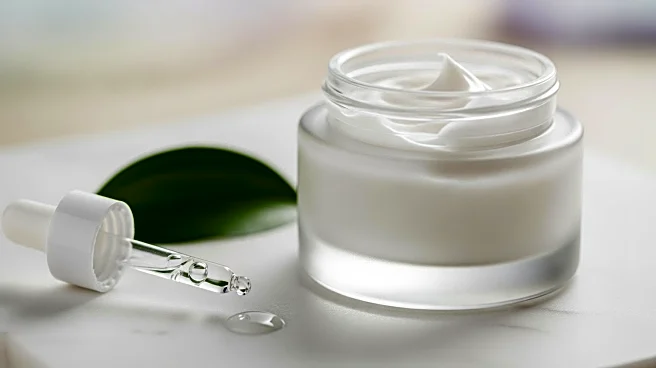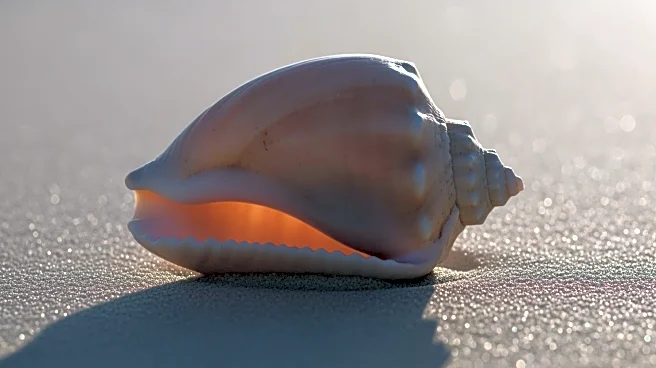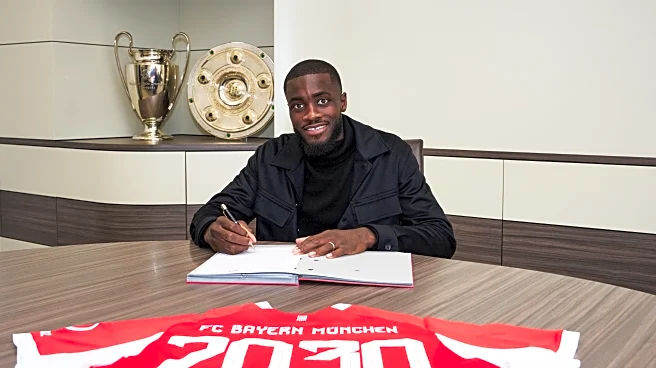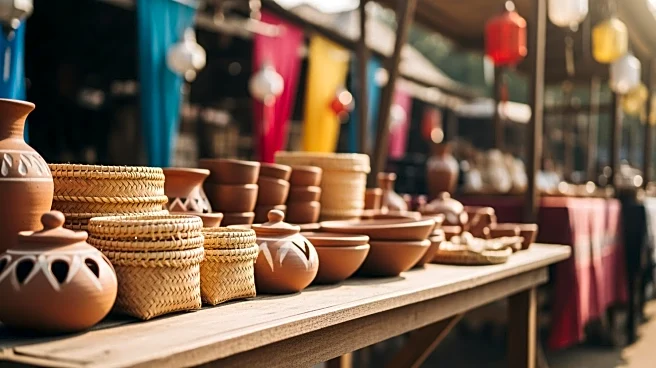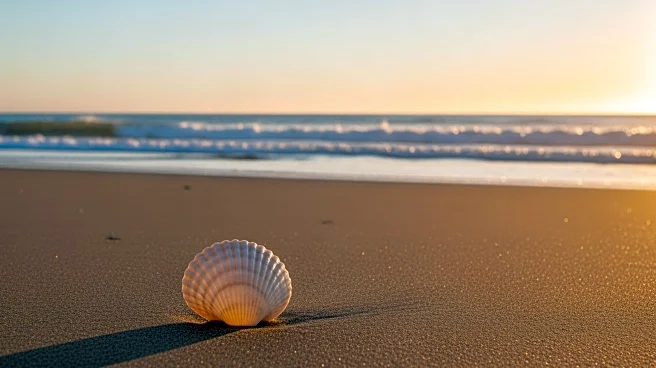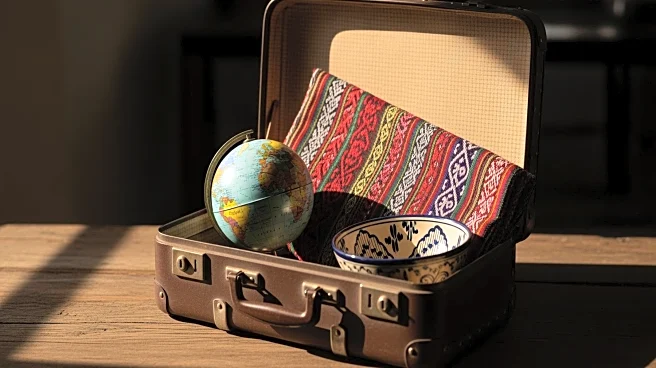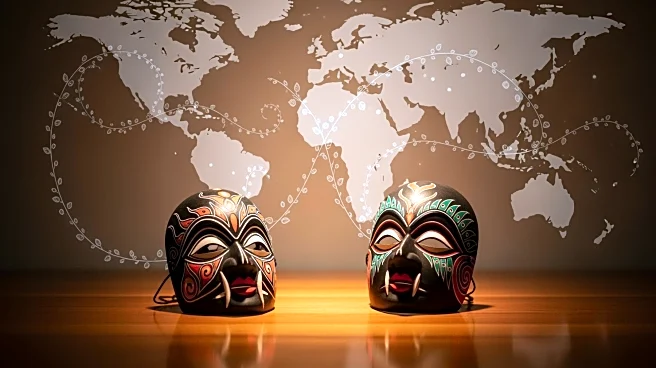By Ian Ransom
MELBOURNE (Reuters) -Beating a 12-year-old rival was once child's play for an elite swimmer but it has become an unlikely badge of honour when China's Yu Zidi is in the race.
Only the very
best in women's swimming were able to beat Yu at the world championships where the prodigy became the youngest medallist in the global meet's 52-year history.
Yet even as the swimming world marvelled at Yu's talent, her age raised questions about the ethics of someone so young competing at the highest level.
In a sport where the mental and physical toll can prove overwhelming for adults, Yu's success at the world championships was viewed dimly by some child protection advocates.
"Twelve-years-old is incredibly young in swimming," author Linda Flanagan, a vocal opponent of children competing in elite sport, told Reuters.
"A 12-year-old does not train like an 18 or 20-year-old because their bodies aren't equipped to handle the work involved.
"And also emotionally, it’s not in their best interest.
"It flies in the face of what psychologists say about what’s healthy for kids, which is not to put all your eggs in one basket, to spread your interests so you don’t become this narrow person."
Adolescents are hardly rare in swimming, particularly in women's competition where athletes tend to reach peak performance earlier than men.
Dane Inge Sorensen was 12 when she won the 200 metres breaststroke bronze at the 1936 Berlin Olympics. She remains the youngest Games medallist in individual events.
Sharron Davies swam for Britain at 11 and made her Olympic debut at the 1976 Montreal Games at 13.
Far from being concerned about Yu's wellbeing, Davies said the Chinese wunderkind, who won a relay bronze and came fourth in three individual events on her world championships debut, would have found it a thrill.
"It is a total misconception that that young girl would have been extremely nervous. It would have been the opposite," Davies told Reuters in an interview.
"(When) I made that Olympic Games, I was just on cloud nine.
"There was nothing for me to lose and everything to gain. And it would have been the same for her: she had nothing to lose and everything to gain."
MORE INTENSE
There was little sign of Yu being overawed as she recorded personal bests in the 200m and 400m individual medley (IM), and 200 butterfly.
Her time of 4:33.76 in the 400 IM final would have taken the Paris Olympic bronze medal away from 23-year-old American Emma Weyant.
Yu told Chinese media the Singapore meet was more intense than she had imagined but the atmosphere was great.
"This relay bronze motivates me to keep working hard," Yu told Xinhua.
"Right after the race, I talked to my family. I want to bring back the medal .... to share the joy with them."
Yu's may be the last world swimming medal won by a 12-year-old pending a World Aquatics review.
Although the global swimming body has a minimum age of 14 for Olympics and world championships, its by-laws allow younger swimmers with qualifying times to compete.
Yu qualified at the national championships in May.
World Aquatics Executive Director Brent Nowicki said the governing body would have to take a look at the age rule.
"I didn’t think I’d have this conversation, but now I think we have to go back and say, 'Is this appropriate?'" Nowicki told reporters in Singapore.
"Do we need to do other things? Put other guard-rails up? Do we allow it under certain conditions? I don't know the answer."
An International Olympic Committee consensus statement on elite youth athletes published last year noted adolescent athletes are more susceptible to "musculoskeletal injuries" while the intense physical and mental demands of sport can bring "psychosocial strain" and mental health challenges.
China's state broadcaster CCTV reported that Yu nearly quit swimming last year when she was 11 because she felt pressure before the national championships.
"I was just overwhelmed with emotion and didn't want to train anymore," Yu said in comments published by the broadcaster in May.
But "patient encouragement" from her coach and family helped her persevere.
The Chinese Swimming Association and China's General Administration of Sport did not respond to requests from Reuters to interview Yu or her coaches, or for comment on the national swim team's safeguarding protocols for child athletes.
Australia head coach Rohan Taylor said he would be cautious about selecting a 12-year-old for open competition at a major global meet -- but would not rule it out.
"I would go through a process to make sure everything was in place to support that athlete and that we felt we weren't putting any expectation or pressure," he told Reuters.
"There's a lot of hurdles before we put (athletes) in that situation."
Three years out from the Los Angeles Olympics, rivals and pundits see a big future for Yu.
But predictions of super-stardom may not bear out, according to Michael Bergeron, co-author of the IOC's consensus statement on youth athletes and a sport science expert with the Women's Tennis Association.
Citing IOC data, Bergeron said just over 30% of under-18 athletes who competed at Olympics returned as adults.
"Maybe she is going to be a superstar down the road but the ones that usually excel at a young age are rarely the ones to excel as an older adolescent, never mind as an adult," he said.
(Additional reporting by Alan Baldwin in London, Rory Carroll in Los Angeles, Amy Tennery in New York and the Beijing Newsroom; Editing by Ken Ferris)
